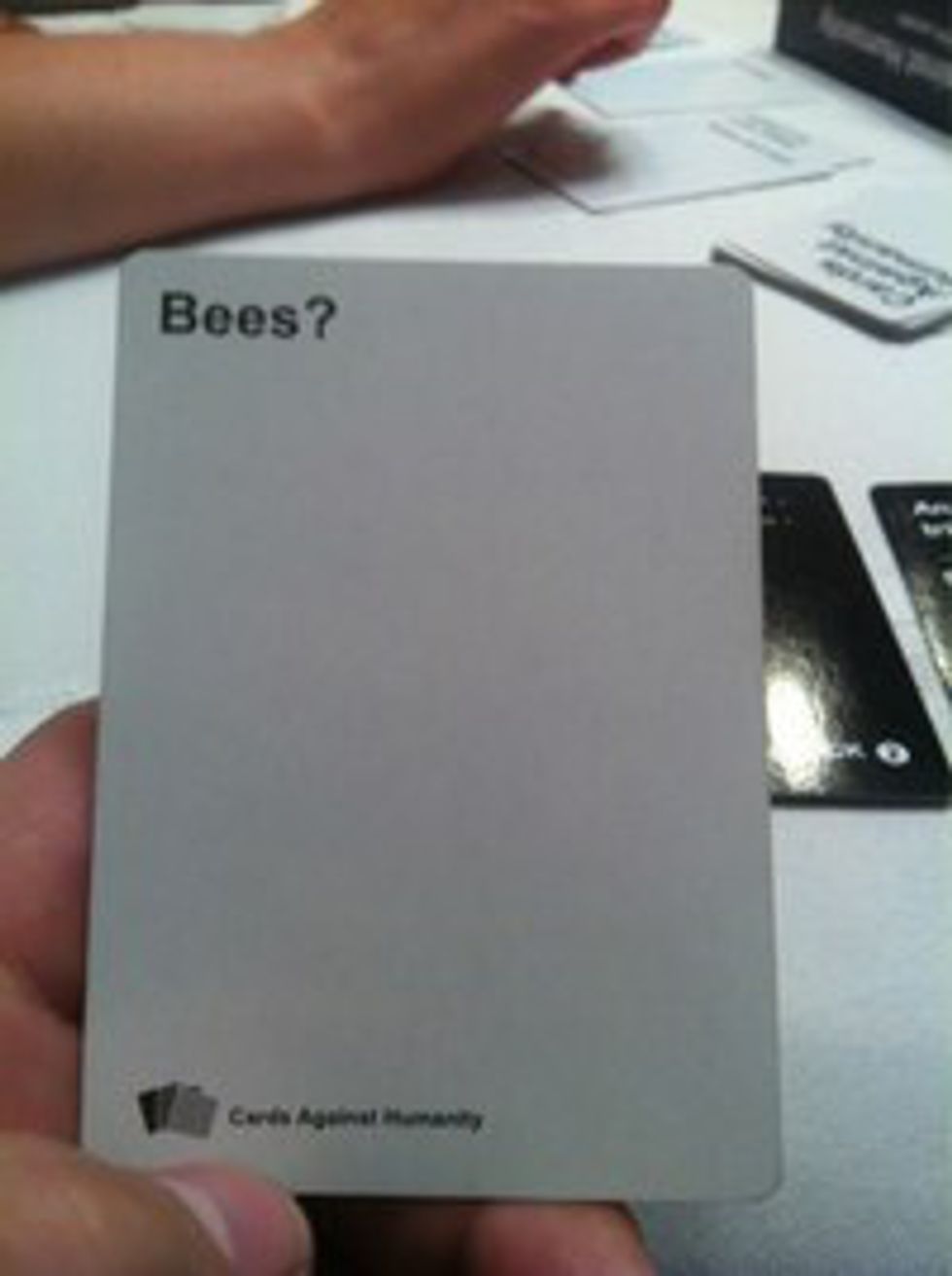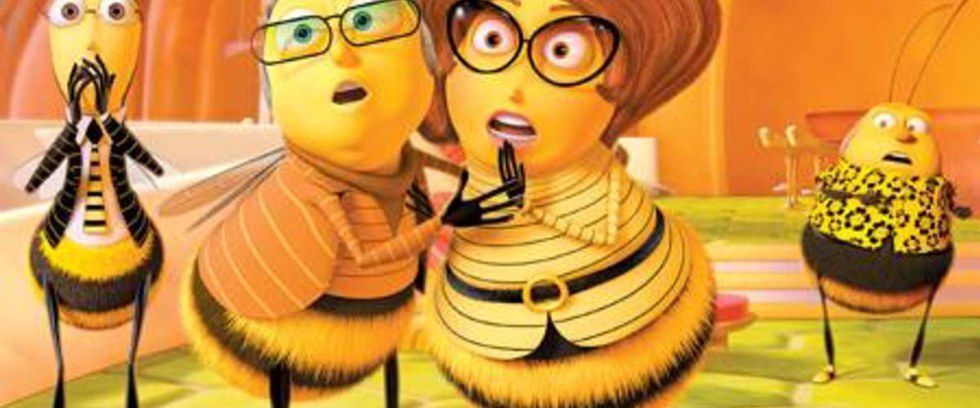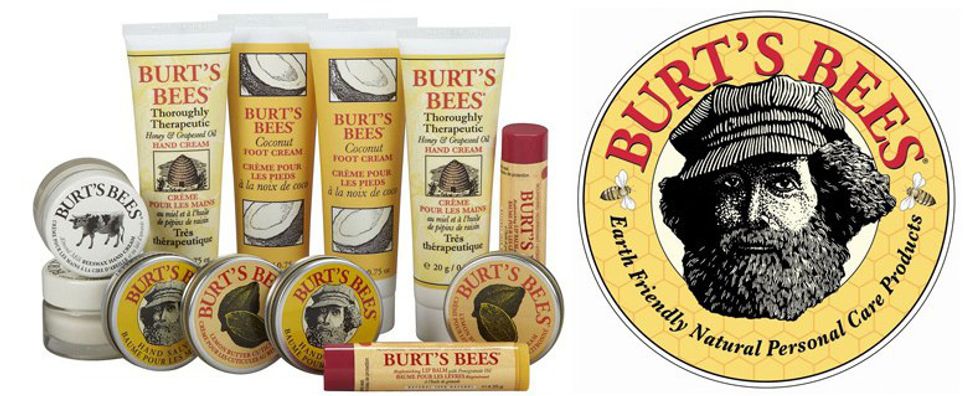For the first time in United States history, seven species of bees have been added to the endangered species list.
On Friday, the United States Fish and Wildlife Service determined that seven species of yellow-faced bees, all native to Hawaii, should be protected under the Endangered Species Act. However, they failed to designate a critical habitat for the bees, which is unfortunate and makes the designation less effective because the bees’ habitats are currently under attack by both natural sources, like more competitive species, and by human development.
Upon first glance, this is obviously a worrying development, considering how much bees do for sustaining nature and fueling our agriculture but, you may be thinking, “these bees only make up seven species and are only native to Hawaii, so this won’t really affect me.”
You would be naive to think this, however.
These bees being added to the endangered species list is a harbinger for the future of bees across the United States and the entire world, especially honey bees. Though climate change and human development are not the primary causes of these bees’ vulnerability, they are only exacerbating the issue.
For example, from April 2015 to April 2016, beekeepers across the United States lost 44 percent of their honey bee colonies. The causes of this significant drop in population are not certain but there is speculation that pesticides and climate change may be to blame. Whether these man-made causes are to blame or not, we should be doing all we can to repair the rapidly declining bee population as soon as possible.
Essentially, the pollination of agriculture by bees is responsible for one third of our global food supply, so, without bees, we would not have much to eat at all. This would put unthinkable strain on other resources and lead to unprecedented violence and war over food, exacerbating the already volatile nature of international politics.
For perspective, let’s imagine what would happen if, right now, all the bees died.
Let’s first note that bees’ pollination accounts for 70% of fruits, vegetables, seeds, and nuts humans consume on a daily basis. This translates into around $200 Billion in global agriculture revenue.
In some cases, “colony collapse disorder,” in which commercial bees are disappearing at astounding rates of up to 90%, is caused by mites, viruses, and parasites but now, some scientists are investigating the effects of new insecticides. If this trend continues, entire food chains may fall apart. Fewer bees would lead to fewer vegetables and nuts to feed livestock, like cattle and chickens, which would lead to less meat and animal products for people to consume. Without bees, our diet would consist mainly of corn, wheat, and rice (because they are wind pollinated plants). Cotton, which makes up 35% of the world’s fiber use, would also be negatively impacted which would result in fewer clothes, towels, mattresses, and high-quality paper products we use daily.
Also, a world without bees is a world without honey and Burt's Bees products, and I don't think that's a world I want to live in.
We all know how important bees are to our everyday lives, but what are we going to do about it?
Are we willing to risk ending life as we know it with bees?
























